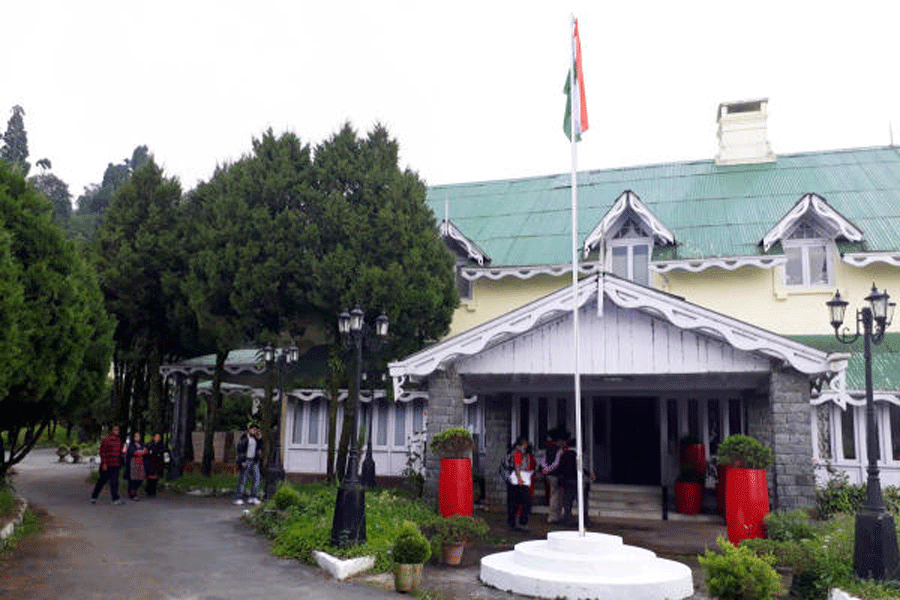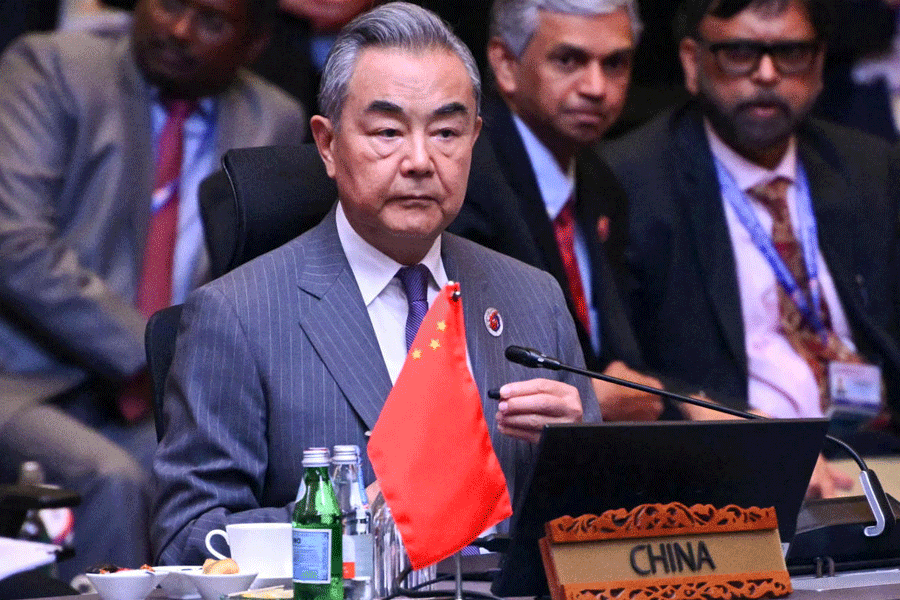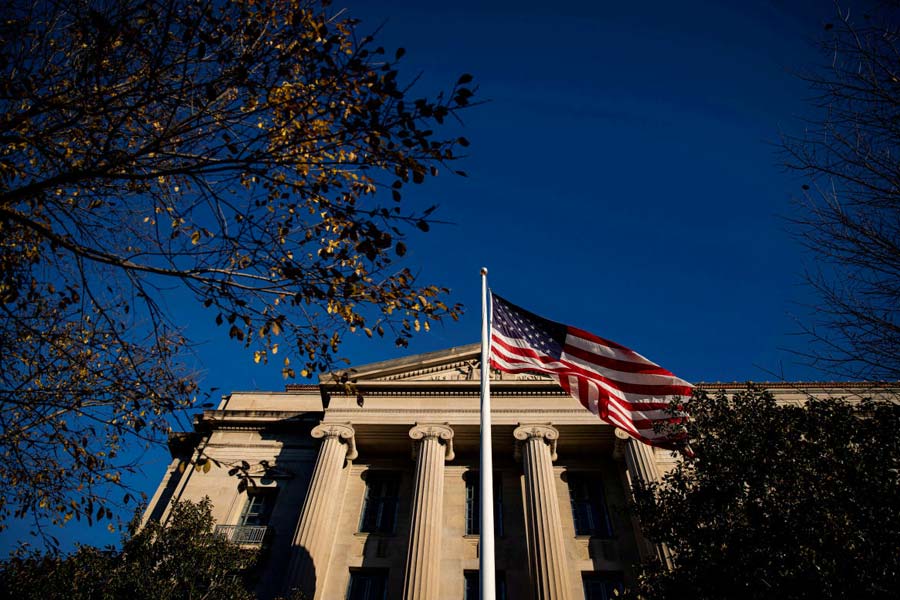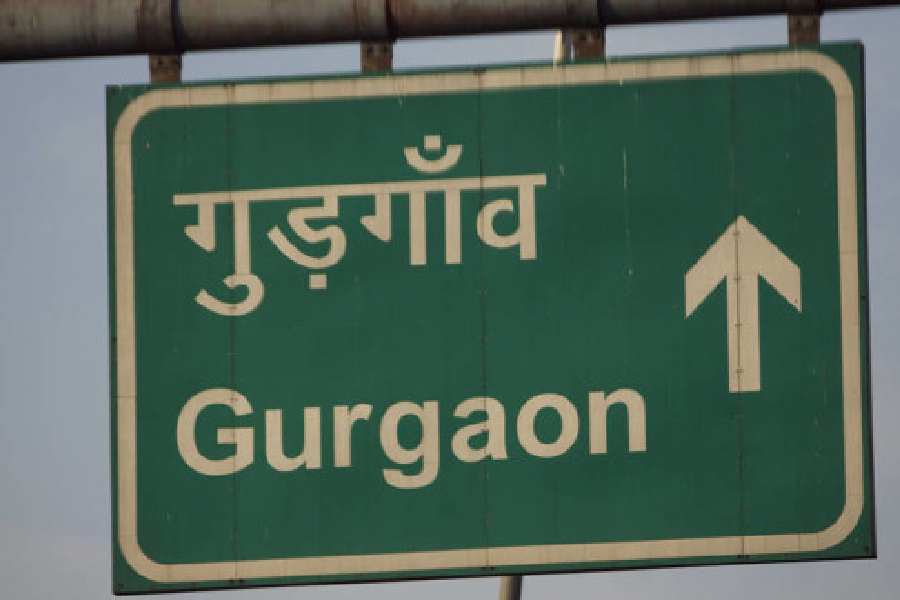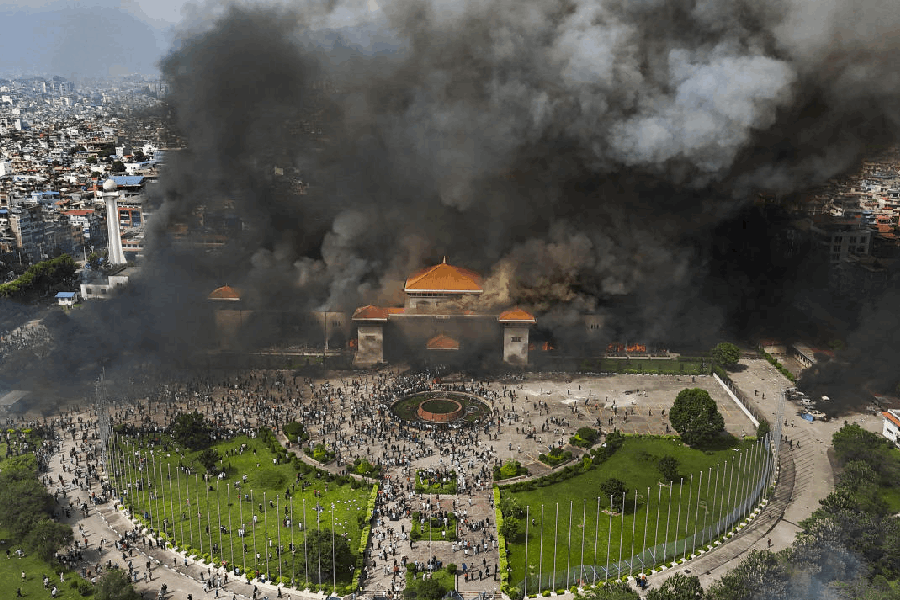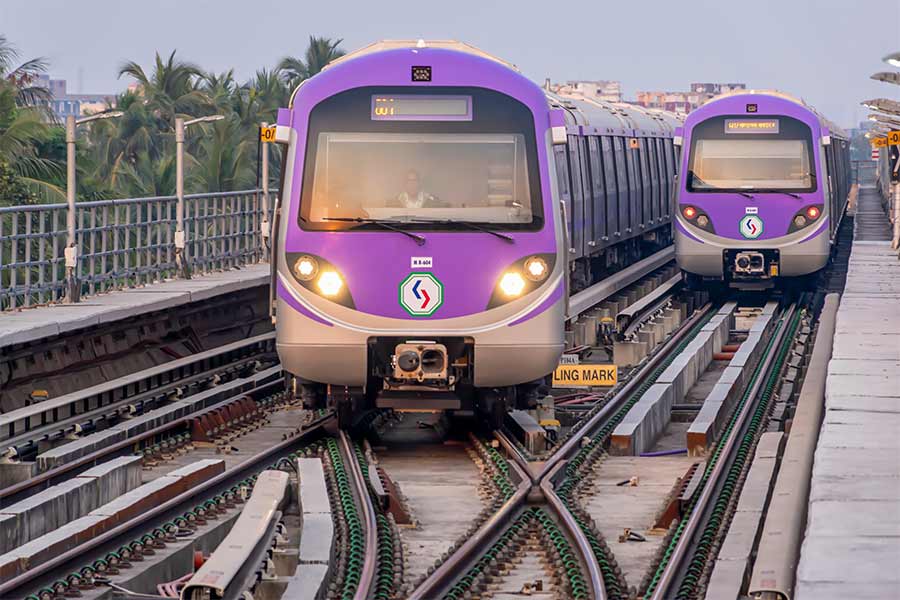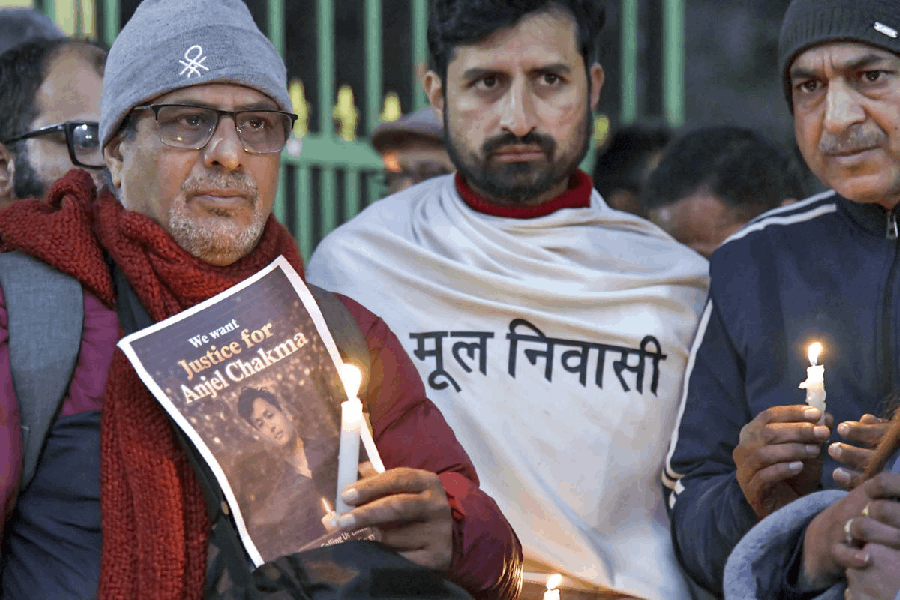The Bengal government on Thursday announced the revival of a separate regional school service commission (SSC) for hill areas, fulfilling chief minister Mamata Banerjee’s promise during her Kurseong visit on December 8, 2023.
The Centre has also agreed to grant permission to the Gorkhaland Territorial Administration to exercise the powers of the zilla parishad.
These two decisions, announced in a poll year, attempt to resolve some longstanding issues of the region.
The state school education department formed a seven-member regional school service commission headed by educationist Bijay Kumar Rai.
“We are stressing the politics of delivery and this is one big example. There was no proper system to recruit teachers for the last 20 years (in the region). We are slowly fulfilling many of our election promises, right from establishing the panchayat rule to reviving the SSC,” said Anit Thapa, the chief executive of the GTA. Thapa’s party Bharatiya Gorkha Prajatantrik Morcha is an ally of Bengal’s ruling Trinamul Congress.
Political parties have been demanding the revival of the SSC after it became defunct in the hills in 2003. Although the SSC was introduced in 1997 it has always been mired in controversy.
In 1997, the state government conducted SSC exam to recruit teachers, which 182 candidates from the hills cleared. This exam was conducted by the Malda regional centre.
The then hill body Darjeeling Gorkha Hill Council did not allow the candidates to join work and demanded a separate hill zone be formed for the DGHC.
In 1999, the state government formed a hill zone and an SSC exam was also held. Forty hill candidates passed this examination but the DGHC once again stalled their appointment and raised a fresh demand for handing over the SSC (hill zone) to the DGHC.
The state government then stated that a bill would be placed in the Assembly to hand over the SSC to the DGHC but the GNLF, which was in power then, stated they would not accept the SSC as almost all hill schools were “linguistic minorities” and minority schools were outside the SSC’s ambit.
On September 5, 2003, the state government directed the secretary of SSC (hill region) to keep the office “under suspension” and asked the official “to lock the office and hand its custody to the district magistrate”.
In the meantime, the DGHC continued recruiting ad hoc teachers. Allegations of political nepotism in appointments and paltry pay did the rounds. Many hill institutions appointed “voluntary teachers” without fixed pay.
Over the years, the jobs of ad hoc and voluntary teachers were regularised.
The 220-odd candidates who cleared the SSC exam finally landed jobs through a court order many years after clearing the exam.
Apart from reviving the SSC here, the state government also announced forming an ad hoc committee of district school boards that has been defunct since 2016.
The state government had written to the Centre on January 3, citing the GTA Act where the hill body has been allowed to exercise powers of the zilla parishad.
The Union ministry of panchayati raj has stated that the “minister has no objection to granting permission to your (state government’s) proposal....”
“There was confusion about the powers of the GTA among some people. Things have been cleared now,” said Thapa.
The confusion arose as the GTA area only has a two-tier panchayat system, the gram panchayat and the panchayat samiti, unlike the rest of Bengal with a three-tier system with the zilla parishad at the topmost level.

